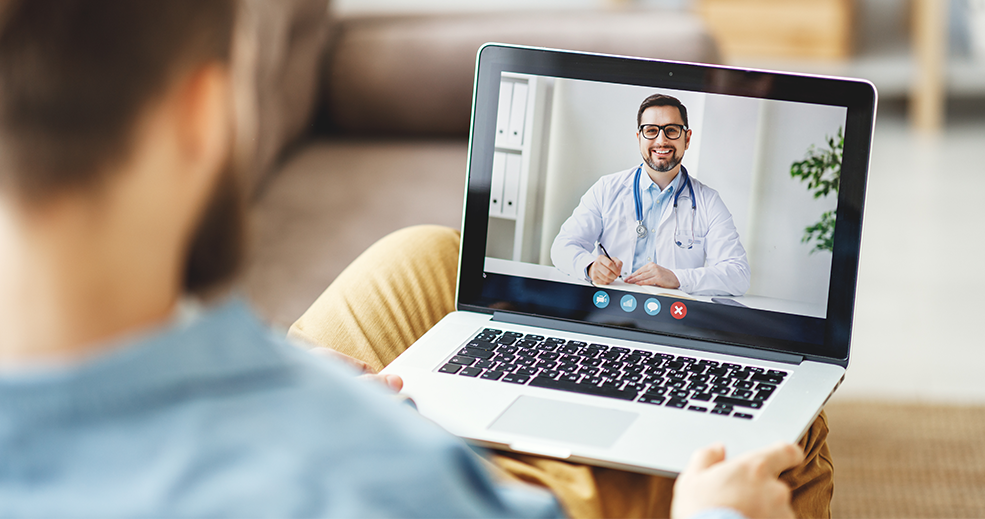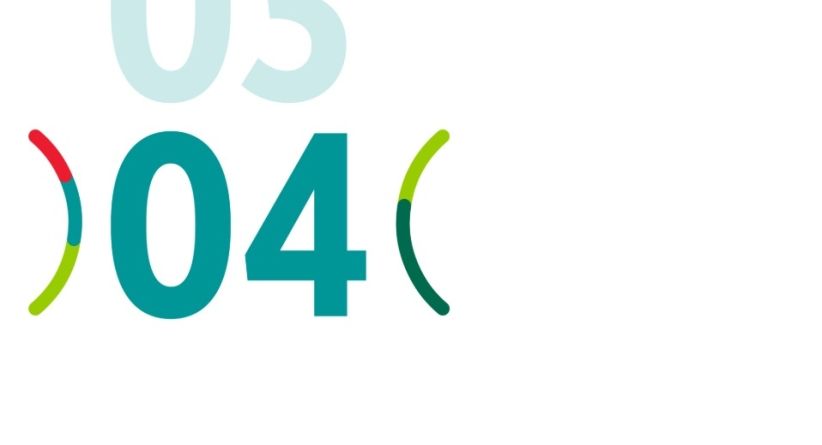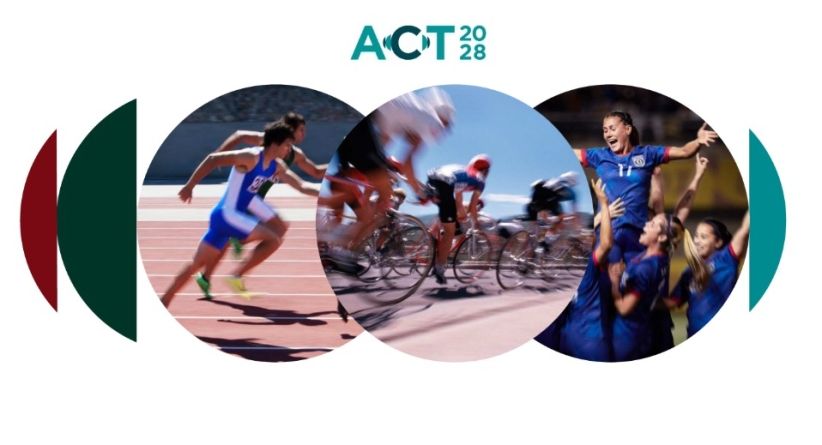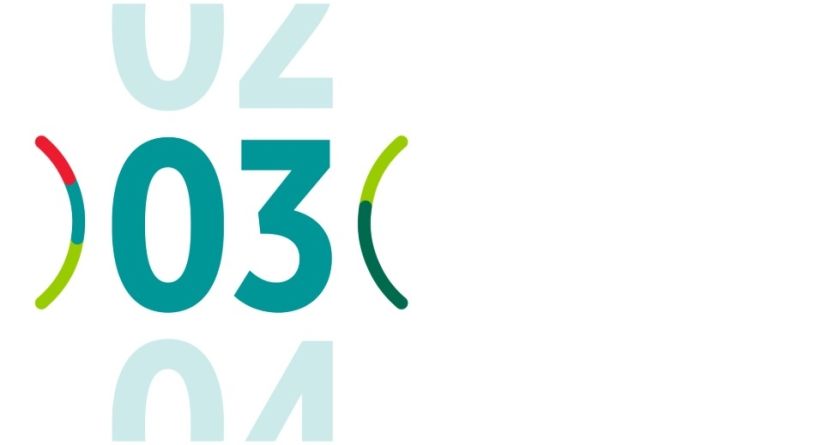
Remote consultations in France: an answer to medical deserts?
Remote medical consultations in France soared during the pandemic, peaking at 4.5 million a month in April 2020. But what about now? Who is using remote consultations? Are they an appropriate solution to the problem of medical deserts?
The public health crisis as a catalyst for remote consultations
Thirteen percent of France’s population now lives in a medical desert: that’s more than 9 million French people living in areas with inadequate access to medical care. Unsurprisingly, rural communities are the hardest hit. This reality is nothing new and, given the ageing population and the surging number of people suffering from chronic illness, the situation is tending to deteriorate despite regionalisation efforts.
Given this state of affairs, remote consultations have for several years now been viewed as an appropriate solution to the issue of medical deserts and the need to better allocate medical personnel across the country. However, getting people to actually take up remote consultations has been hard work. Despite being covered by the so-called HSPT Act of 2009 (relating to hospitals, patients, healthcare and regional provision) and being made eligible for reimbursement by Amendment 6 to the 2018 Healthcare Act, the number of remote consultations did not rise sharply, with few healthcare professionals adopting the practice and associated tools.
The pandemic acted as a catalyst, speeding up nationwide take-up of remote consultations, notably thanks to the loosening of reimbursement rules, with two conditions removed: the locality requirement (that one must consult a doctor within one’s local health region) and the obligation to have seen one’s doctor face to face within the last year.
The number of remote consultations in France rose by a factor of 150, up from only 127,000 in 2019 to 18.5 million in 2020. There were 12 million remote consultations in 2021: still well above 2019 levels but far fewer than in 2020.
The vast majority of remote consultations are conducted by general practitioners, who have gone further in incorporating this method of consultation into their day-to-day routines for certain use cases. Numerous studies have shown that remote consultations are an effective way to monitor people with chronic illnesses or limited mobility and those living in medically underserved areas.
Uptake in medical deserts is poor
Nevertheless, despite these promising numbers, remote consultation as a practice has not lived up to its promise in medical deserts. Figures recently published by healthcare data platform the Health Data Hub suggest that:
- The heaviest users of remote consultations tend to be fairly young and live in urban areas with better access to doctors.
- Meanwhile, those who use remote consultations the least live in medical deserts in départements like Aisne, Ariège, Orne, Lot, Yonne and Aveyron.
- In the Creuse département, only 2.3% of the population had at least one remote consultation in 2021, compared with nearly 17% of the population of Paris.
Uptake in medical deserts hampered by the digital divide
One of the reasons behind the low uptake of remote consultations in medical deserts has to do with the digital divide. It turns out that those regions hit hardest by the shortage of medical practitioners are very often the areas where internet access is patchiest, making access to a satisfactory remote consultation impossible in some areas.
Furthermore, medical deserts are home to among the oldest populations in France, who tend to be poorly equipped and often reliant on family members when it comes to day-to-day use of technology. Despite being the core target market for remote consultations because they suffer from chronic illnesses and comorbidities, these populations often lack the means to attend a remote consultation without assistance, limiting uptake of the practice.
Lastly, it’s difficult for doctors to refine their diagnosis without being able to take their patients’ vital signs. This limits the value added by a remote consultation beyond simply issuing a repeat prescription or monitoring a chronic condition.
New solutions that better meet the needs of medical deserts
Solutions have been rolled out to boost the effectiveness and uptake of remote consultations in medical deserts. These include the installation in town halls of telemedicine booths made by H4D and the provision of medical terminals at pharmacies.
Over a hundred of H4D’s booths were installed in medical deserts during the pandemic. The booth’s fifteen sensors and measuring instruments mean doctors can carry out remote clinical examinations and treat 98% of patients after just one consultation thanks to a more in-depth clinical diagnosis.
With nearly 97% of French people still living within ten minutes of a pharmacy, in-pharmacy medical terminals installed by Medadom are also a good solution for medical deserts. These terminals are equipped with six connected objects that allow for a fairly thorough examination. Moreover, pharmacists can help patients during their consultation, making it easier for elderly people to access the service.
Remote consultations assisted either by a pharmacist or at home by another healthcare professional thus open up new possibilities for monitoring and supporting patients living in medical deserts.
E-health: a decisive role in treatment pathways
The accelerating uptake of e-health represents a revolution for medical deserts. The fact that there was no other option during the pandemic removed numerous obstacles that had been preventing doctors and patients alike from taking up new solutions.
The rollout of telemedicine booths in town halls and pharmacies and assisted remote consultations will deliver relevant solutions to help bridge both physical and digital isolation between doctors – whether general practitioners or specialists – and their patients in medical deserts.
We must not, however, lose sight of the main cause of medical deserts: a shortage of medical personnel. Reallocating medical personnel to other areas will not solve the underlying problem, which is a structural shortage of doctors in France set against ever-growing demand for healthcare.
E-health has a vital role to play in helping doctors fulfil their administrative duties and freeing up medical time. Digital solutions can help promote prevention to curb growth in the number of people with chronic illnesses and optimise care pathways thanks to personalised medicine. Reducing the burden on doctors – particularly general practitioners – will also mean improving cooperation and delegation of tasks to other healthcare professionals.






